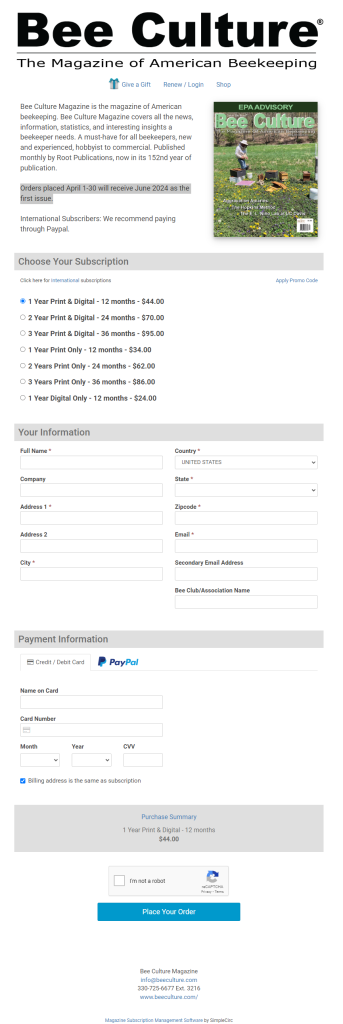
Abstract Submission Has Started!
This Apimondia 2023 Scientific Committee welcomes the submission of original contributions for oral and poster presentation at the Congress.
During the 48th Apimondia Congress in Chile there will be spaces for the discussion of all the issues and matters that concern beekeeping in the world. All of them will be distributed in conferences and symposia of the usual scientific commissions whose sessions are held regularly during the days of the Congress.
Abstracts can only be submitted online via the online abstract submission system. Abstracts sent by the post or e-mail will not be accepted. Rules and details about abstract submission here.
Abstract Submission deadline is April 1st, 2023. After this date evaluation period will begin and no late submission will be accepted.
Main Topics for Abstract Submission
Apitherapy
- Scientific based evidence supporting the nutritional, physiological and health claims of bee products
- Preclinical research – safety, pharmacology and toxicology of bee products. Guidelines for medical applications.
- Clinical trials in apitherapy – doses, interactions, side effects (human and veterinary medicine). Update on the use of apitherapy in infectious diseases.
- Regulatory issues and clinical ethics related to the integration of apitherapy as TCM in healthcare systems.
Bee Biology
- Bee genetics and development
- Bee nutrition and physiology
- Bee behavior (learning/cognition, social behavior)
- Bee breeding and cryopreservation
- Managed bee biodiversity (stingless bees, Apis subspecies and conservation)
Beekeeping Economy
- Honey traceability
- Beekeeping at the family, cooperative and national level
- Consumer education and market expansion
Beekeeping for Rural Development
- Nature Based Beekeeping
- Lot Input Beekeeping
- Promoting Rural Youth Beekeeping Using Sustainable Methods
- Beekeeping for this Living with Disabilities
- Utilizing Indigenous Beekeeping Knowledge
- Methods to Resolve Rural Beekeeping Community Conflicts
Bee Health
- Impact of pesticides on bee health
- Breeding for Diseases / Mite Resistance
- Impacts of Pests, Parasites and Pathogens on Bees and their control. (Development of bioproducts for bee health. – Honey bee microbiota and their impact on bee health. – QUEEN and drone health)
- Monitoring and mitigation measures for new Invasive species
- Antimicrobial/acaricide resistance
Pollination and Bee Flora
- Crop pollination by honey bees
- Crop pollination by non-Apis bees
- Conservation of pollinator diversity and plant-pollinator interactions
- Characterization and management of floral resources
- Effects of environmental change (land-use, climate change, invasive species) on floral resources, pollinators, and pollination
Beekeeping Technology and Quality
- Methods of detection of fraud in bee products
- Tools to avoid fraud in beekeeping (block chain, data bank, …)
- Determination and identification of constituents and micro constituents of genuine bee product (characterization, base of the activity, …) and of contaminants
- Impact of climate change on beekeeping activities and mitigation
- Sustainable management of bee colonies (included breeding and selection)
- Innovative techniques to manage bee colonies (included non intrusive techniques)









